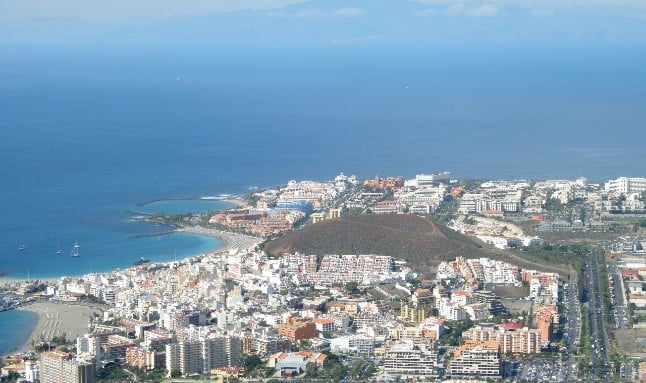A major investigation has been launched in the area and campsite owners have been asked to step up security following the rape of an 11-year-old French girl in the early hours of Wednesday.
The victim was attacked as she slept in a tent on a campsite at Saint-Didier-sous-Aubenas.
Officers are now linking the attack to several other sexual assaults that have taken place on campsites in the region since the end of June, police sources said.
As many as seven girls between the ages of seven and 12, one of whom was Dutch, have been attacked in the area in the last six weeks.
The manager of the campsite where the latest attack took place was reluctant to speak to an AFP reporter Friday, but owners of other sites in the area confirmed that they had taken steps to try to prevent further attacks.
These included the deployment of nightime guards and requiring everyone staying in the camp to wear wristbands, making it easier to ensure only registered guests have access.
An artist's impression of the suspected rapist – a man of around 40 – has been distributed to police forces in the region but has not yet been made public.
The Ardèche is one of France's best-preserved wilderness areas and its river gorges and rich flora and fauna draw campers from all over Europe.
Police were due to give an update on the progress of the investigation around 1400 GMT.


 Please whitelist us to continue reading.
Please whitelist us to continue reading.
Member comments